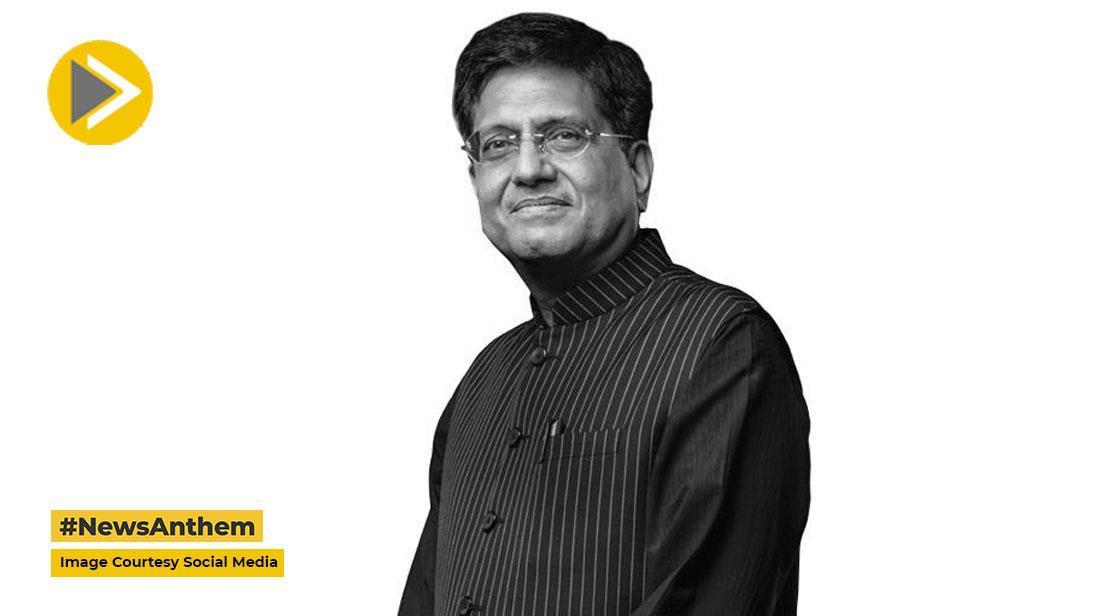Piyush Goyal urges mandatory after-sales support to protect consumers

News Synopsis
Commerce and Industry Minister Piyush Goyal has emphasized the importance of after-sales service, spare parts availability, and consumer protection in India’s auto sector. Highlighting the crucial role of dealers as the frontline between companies and customers, he proposed a new framework requiring companies to maintain local support even if they decide to exit the Indian market.
Speaking at a Federation of Automobile Dealers Associations (FADA) event in New Delhi, Goyal also addressed issues such as GST reforms, ease of doing business, and free trade agreements (FTAs) to strengthen India’s automotive ecosystem.
Ensuring After-Sales Support for Consumers
Piyush Goyal underscored that companies must not abandon customers when winding down operations in India. He proposed a mandatory after-sales service charter that would require:
-
Continued after-sales support for a defined period.
-
Easy availability of spare parts in the local market.
-
Maintaining a local presence to address customer concerns.
This safeguard, he explained, will protect consumers and ensure trust in the market, even when multinational companies exit India.
Role of Dealers as a Bridge Between Companies and Consumers
The Minister acknowledged that dealers act as a vital bridge between manufacturers and consumers. Since they are the first point of contact for customers, ensuring strong dealer support networks becomes critical. Goyal highlighted that the front-facing role of dealers not only builds customer trust but also strengthens India’s auto market by promoting accountability and reliability.
Balancing Domestic Growth and Global Competition
While stressing consumer safeguards, Goyal also underlined the importance of welcoming global automakers to India. He explained that:
-
Allowing global players boosts competition and efficiency.
-
It broadens consumer choices by bringing in advanced models and technologies.
-
It attracts large-scale investments that contribute to domestic growth.
He further added that India’s ongoing Free Trade Agreement (FTA) negotiations with developed countries are expected to provide consumers with a wider range of vehicles and strengthen India’s position as a global automotive hub.
Addressing GST Concerns of Auto Dealers
During his address, Goyal assured that he would take up the Goods and Services Tax (GST) concerns of auto dealers with the Finance Ministry. He stressed that lowering taxes could:
-
Make vehicles more affordable for consumers.
-
Encourage higher sales and market expansion.
-
Provide relief to dealers struggling with taxation burdens.
He expressed optimism that any reduction in GST rates would directly benefit consumers by reducing prices and boosting demand.
Government Support for the Auto Industry
The Commerce and Industry Minister reiterated that the government remains committed to supporting the auto sector’s long-term growth. Through the Ministry of Heavy Industries and the Department for Promotion of Industry and Internal Trade (DPIIT), efforts are being made to:
-
Promote domestic manufacturing and job creation.
-
Provide incentives for innovation and new technologies.
-
Ensure that the auto industry contributes to India’s employment generation and economic growth.
Ease of Doing Business and Regulatory Reforms
Highlighting the government’s broader focus on improving the business environment, Goyal mentioned ongoing initiatives to:
-
Cut red tape and streamline procedures.
-
Simplify compliance to reduce the burden on businesses.
-
Encourage industry players to submit recommendations for reforms.
He also pointed out that proposals are being considered to amend the Motor Vehicles Act and decriminalize minor offenses, further reducing friction for both manufacturers and dealers.
A Collaborative Path Forward
Goyal invited industry stakeholders to collaborate with the government by submitting practical suggestions to further ease operations. He emphasized that reforms in taxation, compliance, and after-sales frameworks would not only benefit consumers but also empower dealers and manufacturers to achieve higher efficiency and competitiveness.
Conclusion
By calling for a mandatory after-sales service framework, Piyush Goyal has reaffirmed the government’s commitment to consumer protection, dealer support, and industry growth. Alongside efforts to address GST concerns, promote FTAs, and simplify regulations, these measures aim to build a more robust and consumer-friendly automotive market in India. With active collaboration between policymakers, dealers, and manufacturers, India’s auto industry is poised for sustainable growth in the years ahead.
You May Like









